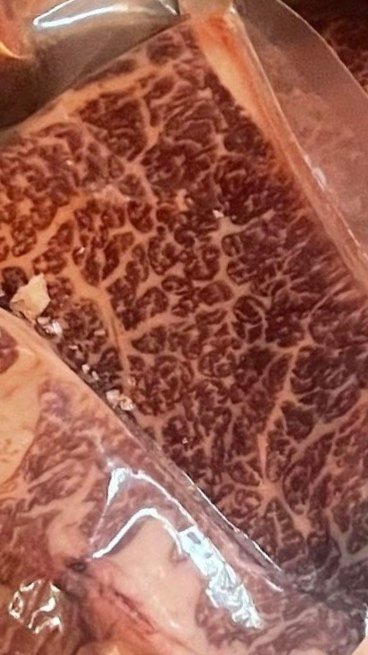
和牛 Wagyū = "Japanese cow"
From the 'land of the rising sun' quiet temples, natural beauty and an exacting culture of intention and perfection comes a bovine treasure 35000 years in the making...
Wagyu History
There is evidence of the genetic separation of the Wagyu breed as early as 35000 years ago. The modern Wagyu cattle that we see in the world today are the result of crossbreeding native Japanese cattle with several European breeds over 115 years ago. The Wagyu breed in Japan has been closed to outside genetic influences since 1910. Wagyu cattle in Japan were used for a variety of agricultural chores like plowing and as pack animals.
Starting the in the 1970s a select number of fullblood Wagyu cattle were exported outside of Japan. The majority of cattle that are the foundation animals in the breed today were exported by the early 1990s. In the late 1990's the Japanese government halted the export of any more Wagyu animals outside of Japan and declared the breed to be a national living treasure.
“Wagyu beef is the champagne of the beef world. The prime cut, if you will. ”
Wagyu beef
The unique taste of Wagyu beef (some people describe it as buttery, melt in your mouth) and tenderness of highly marbled Wagyu beef makes for an eating experience beyond compare. That is why Wagyu beef is finding its way onto the plates of Gourmet cooks, fine restaurant chefs and foodies across North America.
Not only is it an amazing eating experience, but it’s healthy for you too. Health experts have discovered the mono-unsaturated to saturated fat ratio is higher in Wagyu than in other beef and, the saturated fat contained in Wagyu is different. Forty percent is in a version called stearic acid, which is regarded as having a minimal impact in raising cholesterol levels. The profile of marbled Wagyu beef is more beneficial and healthier to human health.
Wagyu is also higher in a type of fatty acid called conjugated linoleic acid (CLA). Wagyu beef contain the highest amount of CLA per gram of any foodstuff – about 30% more than other beef breeds – due to higher linoleic acid levels. Foods that are naturally high in CLA have fewer negative health effects.
(Source, American Wagyu Association website 2018)
